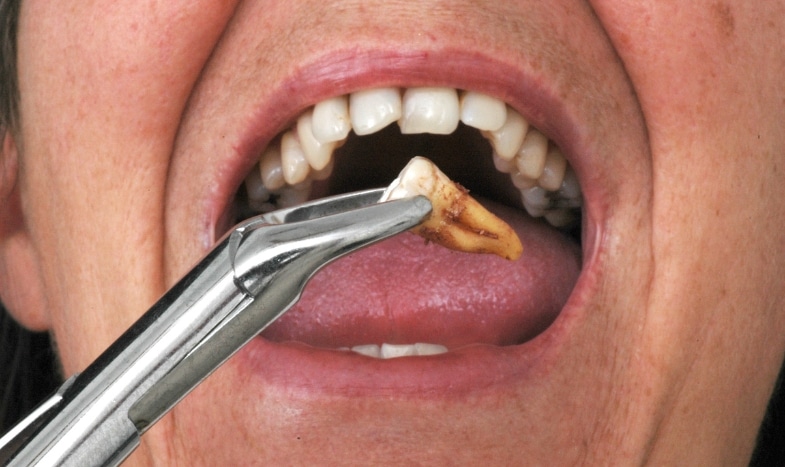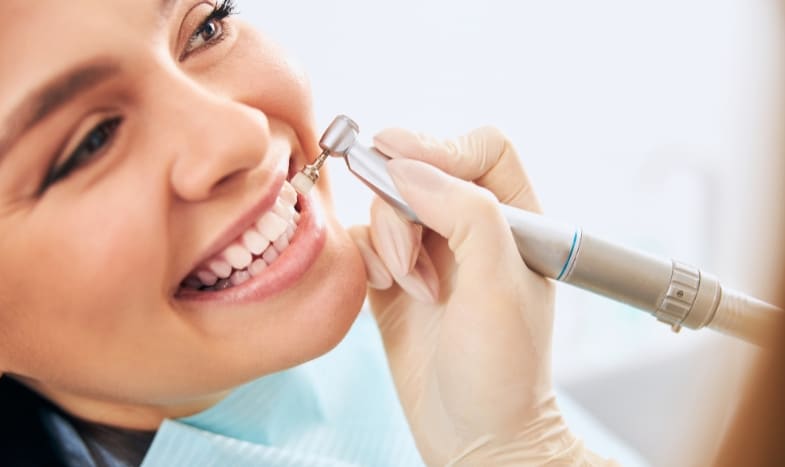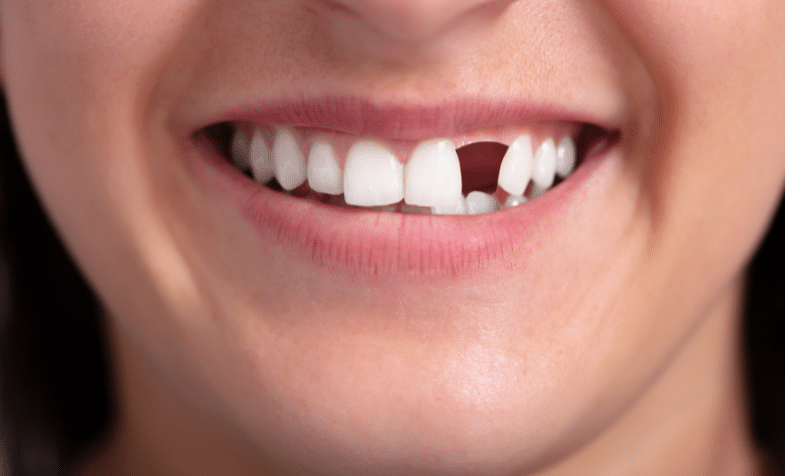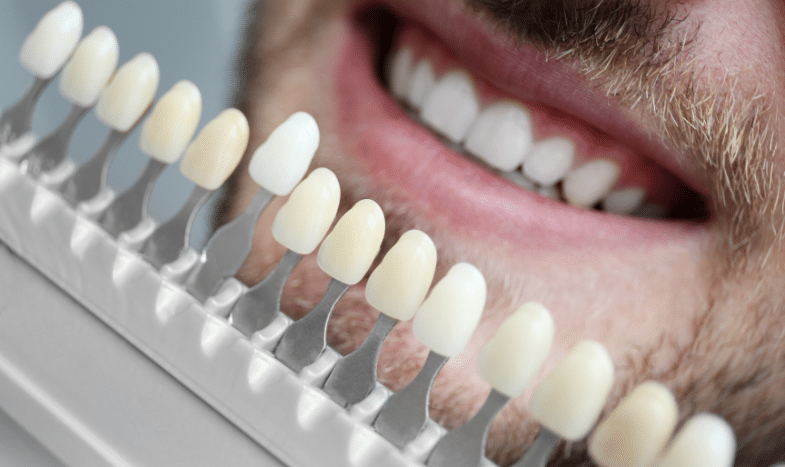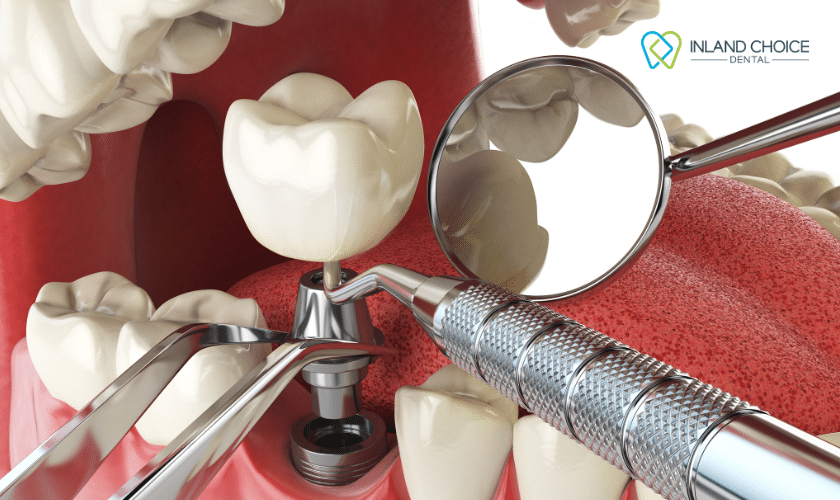
Can You Get Dental Implants if You’ve Had Gum Disease?
Experiencing gum disease can raise questions about the feasibility of dental implants for smile restoration and overall oral health enhancement. Gum disease, medically termed periodontal disease, affects the fundamental structures that support your teeth, encompassing the gums and the underlying jawbone. This guide seeks to delve into the intricate dynamics between gum disease and dental implants, illuminating the potential avenues and vital factors to contemplate when contemplating dental implants in Riverside, CA.
Gum disease’s impact on dental implant prospects requires understanding for informed oral health choices. We provide insights into dentistry’s solutions for this, making Riverside dental implants viable after gum disease.
Understanding Gum Disease
To fully appreciate the implications of dental implants in Riverside, CA, in the context of a history of gum disease, it’s imperative to comprehend the nature of gum disease and its possible repercussions.
Gum disease is a progressive ailment that initiates gingivitis, marked by signs such as gum inflammation, bleeding during routine oral hygiene practices like brushing or flossing, and mild discomfort. However, if left unaddressed, gingivitis can progress into a more severe form known as periodontitis. Periodontitis introduces the formation of pockets or gaps between the teeth and gums, culminating in the accumulation of harmful bacteria. This bacterial invasion intensifies gum recession and potentially leads to bone loss in the jaw. Understanding gum disease is fundamental; it underpins the assessment of its influence on dental implant viability and success, aiding informed decisions on oral health.
The Effect of Gum Disease on Dental Implants in Riverside:
Gum disease affects the structures that support your teeth, including the gums and jawbone. Given that dental implants in Riverside, CA, rely on these structures for stability and integration, it’s reasonable to question their feasibility if you’ve had gum disease.
Here are some crucial factors to consider:
1. Severity of Gum Disease:
Mild Gum Disease (Gingivitis): If you’ve had gingivitis, it may not significantly impact your eligibility for dental implants. Effective treatment and maintenance can help improve your gum health and make dental implants a viable option.
Advanced Gum Disease (Periodontitis): In severe periodontitis with extensive gum recession and significant bone loss, the candidacy for dental implants may be more complex. However, modern dental techniques, including bone grafting and tissue regeneration, can often address these issues, making implants possible.
2. Treatment and Maintenance:
Successful treatment and diligent maintenance are crucial. Before considering dental implants, your dentist will likely recommend comprehensive treatment to control and resolve gum disease. This may involve deep cleaning, scaling root planning, and possibly surgical interventions.
Maintenance is equally vital. Post-gum disease treatment and maintaining gum health for future dental implants demand regular check-ups, rigorous oral care, and smoking cessation if applicable.
3. Consultation with a dentist in Riverside:
– It’s essential to consult a qualified dentist in Riverside, CA specializing in dental implant procedures. Your case evaluation includes prior gum disease, overall oral health, and bone density analysis, enabling a tailored, optimal approach determination.
The Dental Implants in Riverside, CA Process:
The dental implant procedure generally comprises multiple phases, including:
- Consultation and Evaluation: The journey begins with a comprehensive oral health assessment. Your dentist will delve into the condition of your gums and jawbones, scrutinizing their health and integrity. They will also discuss your medical history and previous gum disease treatments to understand your oral health background.
- Gum Disease Management: If you have a history of gum disease, your dentist will prioritize ensuring that the condition is under control before proceeding with dental implant placement. Extensive care encompasses deep cleaning, scaling, root planing, and diverse periodontal therapies, addressing the aftermath of previous gum disease.
- Bone Assessment: An integral component of the evaluation process is the evaluation of your jawbone density. Sufficient bone support is paramount for the successful placement of dental implants. In cases where gum disease has resulted in bone loss, your dentist may recommend bone grafting procedures. Surgical intervention focuses on bone reconstruction, revitalizing strength and volume for a stable base supporting dental implant placement.
- Implant Placement: Once your gums are healthy and your jawbone is deemed suitable for dental implants, the next step involves the surgical placement of the dental implant itself. This implant typically consists of a titanium post meticulously positioned within the jawbone. This post serves as the anchor and foundation for the artificial tooth or teeth that will be attached.
- Healing and Integration: A healing period ensues after implant placement. Over several months, the dental implant integrates with the surrounding jawbone through a biological process known as osseointegration. This essential phase establishes a robust and stable foundation, ensuring the implant becomes integral to your oral anatomy.
- Restoration: The final stage of the dental implant journey involves the attachment of a custom-made dental crown, bridge, or denture to the implanted post. Our precise restoration mirrors natural teeth, flawlessly integrating with your existing smile and achieving both aesthetics and function in harmony.
The feasibility of getting dental implants in Riverside, CA after experiencing gum disease depends on various factors, including the severity of the disease, the effectiveness of treatment, and the condition of your jawbone. While mild gum disease may not impact your eligibility for dental implants, advanced cases may require additional treatments like bone grafting and careful maintenance.
It’s crucial to work closely with a qualified dentist in Riverside who specializes in dental implants in Riverside and has experience dealing with cases involving gum disease. Individualized evaluation, custom treatment, and step-by-step guidance ensure a distinctive path to a revitalized smile and peak oral health post-gum disease. Gum disease challenges can be overcome with modern dentistry, allowing Riverside residents to enjoy dental implants and a confident smile.
